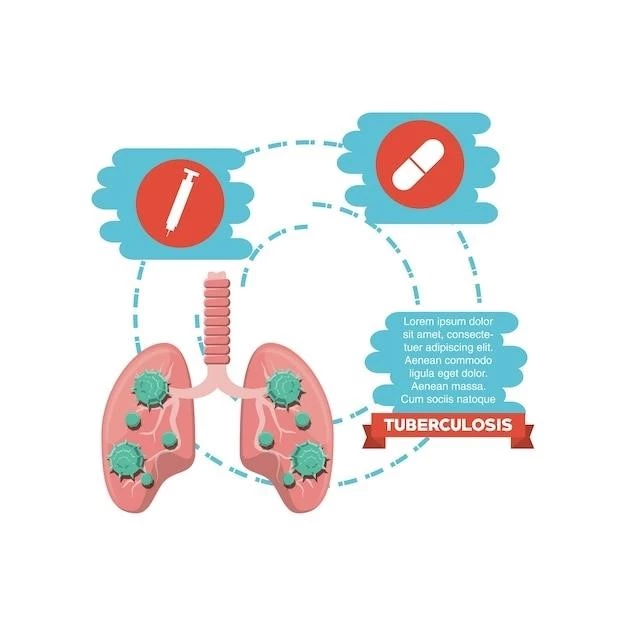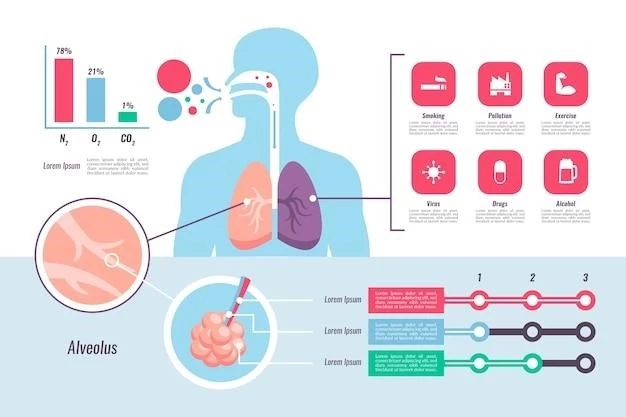An autosomal recessive disease causing neonatal respiratory distress necessitating lung transplantation for patient survival․
Description of the Disease
Pulmonary surfactant protein B deficiency is an autosomal recessive disease that leads to neonatal respiratory distress, requiring lung transplantation for patient survival․ Surfactant protein B is vital in lung inflation and the spread of surfactant in lung tissue, crucial for proper lung function․
Causes and Genetic Basis
An autosomal recessive disease caused by mutations in the surfactant protein-B gene (SFTPB), leading to SP-B deficiency;
Autosomal Recessive Inheritance
Pulmonary surfactant protein B deficiency is an autosomal recessive disease caused by mutations in the SFTPB gene, leading to a lack of functional surfactant protein B in affected individuals․
Specific Gene Mutations
Pulmonary surfactant protein B deficiency results from specific mutations in the SFTPB gene, affecting the production of functional surfactant protein B crucial for proper lung function․
Clinical Symptoms and Manifestations
The disease presents with neonatal respiratory distress, necessitating lung transplantation for patient survival․
Neonatal Respiratory Distress
Pulmonary surfactant protein B deficiency manifests as severe neonatal respiratory distress, often necessitating urgent lung transplantation for survival of the affected individuals․
Need for Lung Transplantation
Pulmonary surfactant protein B deficiency often necessitates the consideration of lung transplantation for patient survival due to severe respiratory distress and compromised lung function․

Diagnostic Methods
Diagnosis involves genetic testing to identify mutations in the SFTPB gene and pulmonary function tests to assess lung function․
Genetic Testing
Genetic testing is essential to identify mutations in the SFTPB gene, confirming the diagnosis of pulmonary surfactant protein B deficiency․
Pulmonary Function Tests
Pulmonary function tests play a crucial role in evaluating lung function and surfactant efficiency in individuals with pulmonary surfactant protein B deficiency, aiding in the diagnosis and treatment planning․
Lung transplantation and surfactant replacement therapy are common options for managing pulmonary surfactant protein B deficiency․
Treatment Options
Lung transplantation and surfactant replacement therapy are common options for managing pulmonary surfactant protein B deficiency․
Surfactant Replacement Therapy
Surfactant replacement therapy is a potential treatment option for individuals with pulmonary surfactant protein B deficiency, aiming to enhance lung function and alleviate respiratory distress․
Research and Advances
Current studies focus on potential therapeutic agents for managing pulmonary surfactant protein B deficiency, improving patient outcomes and quality of life․
Current Studies on SP-B Deficiency
Research is focusing on potential therapeutic agents and advancements to manage pulmonary surfactant protein B deficiency for improved patient outcomes and quality of life․
Potential Therapeutic Agents
Ongoing research is exploring potential therapeutic agents to manage pulmonary surfactant protein B deficiency, aiming to enhance patient outcomes and alleviate respiratory distress․
Impact on Neonatal Health
Pulmonary surfactant protein B deficiency significantly affects neonatal health, leading to potentially severe respiratory distress and the need for lung transplantation for patient survival․
Respiratory Failure in Infants
Pulmonary surfactant protein B deficiency can lead to severe respiratory distress syndrome in infants, which may result in respiratory failure and potential long-term consequences․
Importance of Surfactant Protein B
Surfactant protein B plays a crucial role in lung inflation and the spread of surfactant in lung tissue, aiding proper lung function․
Role in Lung Inflation
Surfactant protein B plays a vital role in lung inflation, ensuring proper lung function and gas exchange essential for respiratory health․
Spread of Surfactant in Lung Tissue
Surfactant protein B is essential for the proper spread of surfactant in lung tissue, contributing to the maintenance of lung function and respiratory efficiency․

Complications and Prognosis
Patients with pulmonary surfactant protein B deficiency may experience brain and organ damage, with varying survival rates and long-term effects․
Brain and Organ Damage
Pulmonary surfactant protein B deficiency can lead to complications such as brain and organ damage, affecting the prognosis and long-term outcomes of affected individuals․
Survival Rates and Long-Term Effects
Pulmonary surfactant protein B deficiency can have varied survival rates and long-term effects on affected individuals, impacting their overall health outcomes and quality of life․
